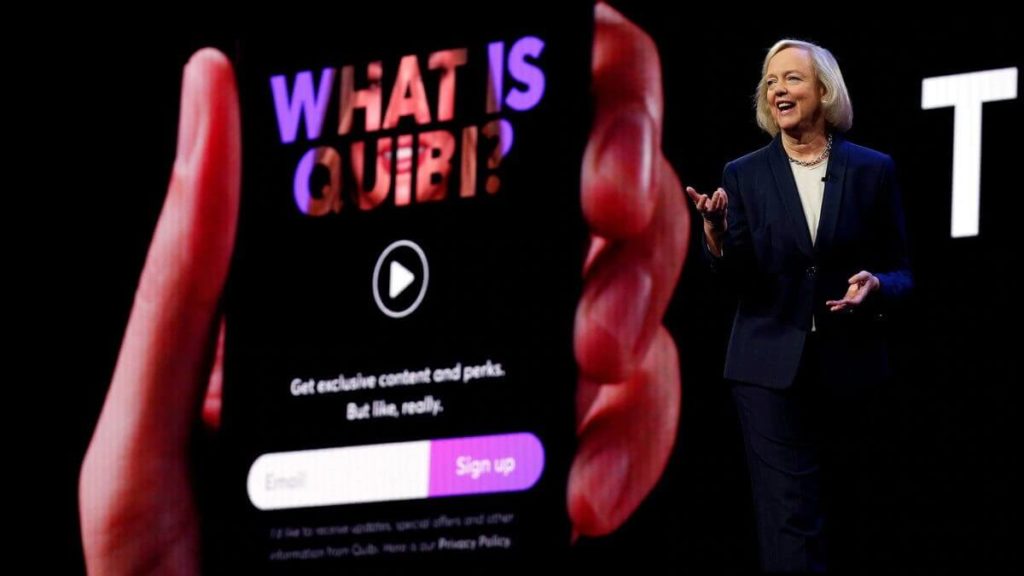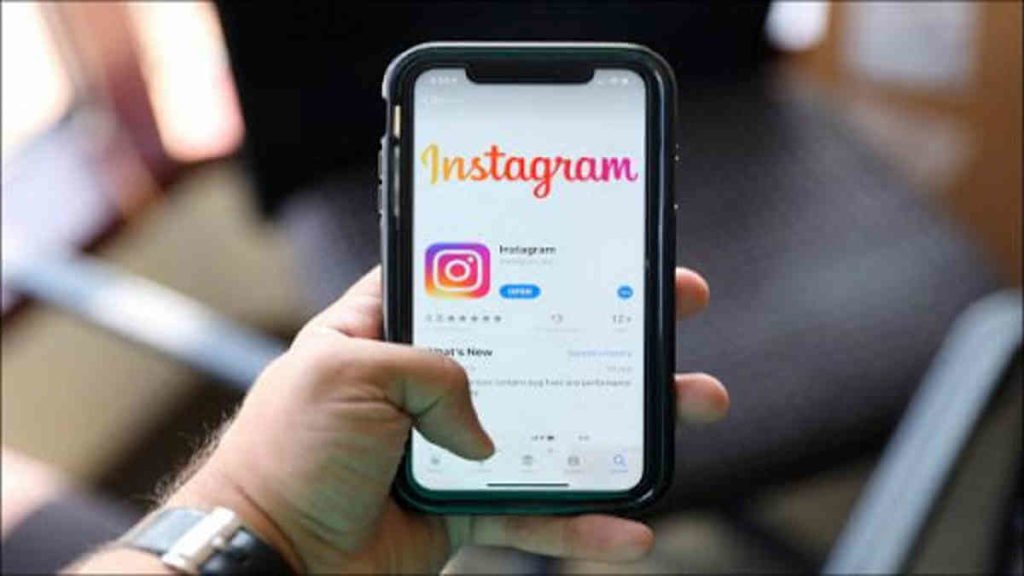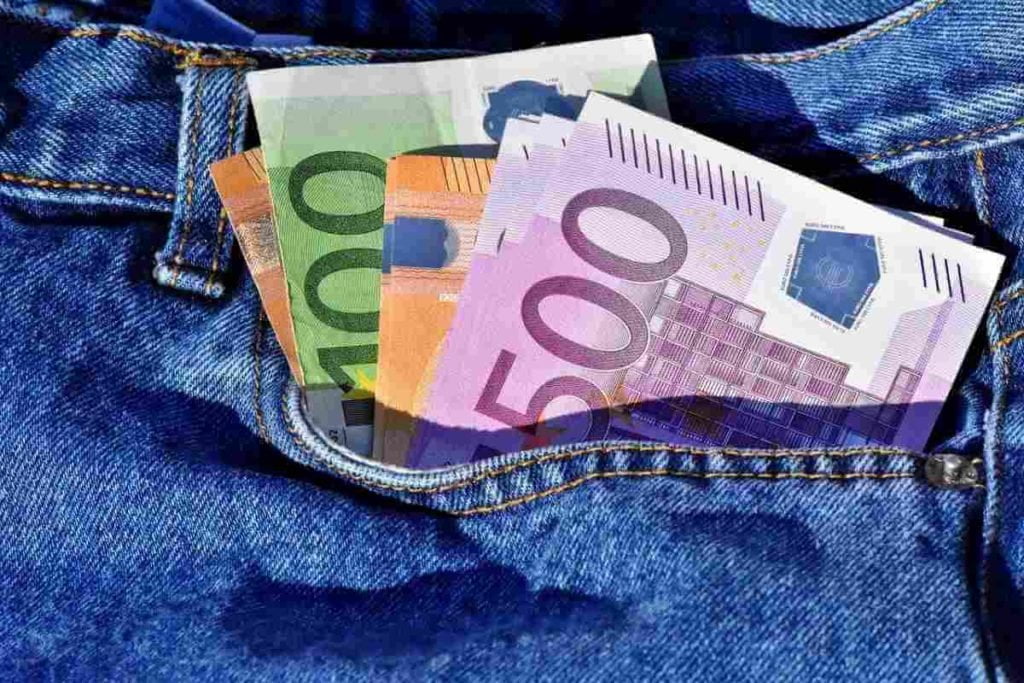The last few months have been quite eventful in the world of streaming platforms. The coronavirus pandemic caused demand to skyrocket. At this moment have come a couple of new players. One of the most visible of them, Quibi, has seen an underwhelming entry into the market, one that has led advertisers to renegotiate their deals.
What is Quibi?
Quibi, which launched in early April, is a unique platform that delivers short-form videos designed for viewing on mobile devices. The original content is much like that from Netflix or HBO, but it’s in the form of “quick bites” or 10-minute long episodes made for the mobile medium.
Founders Jeffery Katzenberg and Meg Whitman, insiders in both Hollywood and technology, we’re able to raise $1.75 billion and generate lots of press before the launch. Major studios and tech companies were equally as excited about the new platform, and with its resources, Quibi was able to produce some star-studded original content with people like Sophie Turner of Game of Thrones.
Free Trial Woes
As with most start-up offers, it seems people were much more excited about the free product than the actual long-term subscription. Quibi costs $4.99 per month with ads and $7.99 per month for the ad-free version. As is standard marketing practice to draw in users, Quibi offered a 90-day free trial leading to a huge boom in customers within the first week of launch.
Between April 6th, its launch day, and April 14th, the app had gained 1.7 million downloads. However, by the next week, it had fallen out of the top 50 most downloaded apps. And by early May, it was down to 125th most downloaded. While the company says there were around 3.5 million total downloads, the result has been just around 1.3 million active users. For a high-budget streaming platform that is not a great story.
A Case of Bad Timing
Following the first decline in new users, Katzenberg said in an interview with The New York Times, “I attribute everything that has gone wrong to coronavirus…Everything. But we own it.”
Whitman showed a bit more compassion toward the company saying, “You have to remember, we’re a new brand with original content, a new tech platform that was built from the ground up…We came to market with no library, no legacy product and we’re starting from scratch.”
It seems to be the old exceptions game. Maybe 1.3 million users are only a bad thing if you expected 20 million.
Advertisers to Defer Payments
Despite it being an understandably difficult time to launch a company, the fact that the streaming industry is benefiting so much from pandemic-related lockdowns does little to help Quibi’s case. Because of this, advertisers are concerned the service’s viewership is too low to warrant the amount they paid in their initial advertising deals.
Advertisers including PepsiCo, Taco Bell, Walmart, Yum Brands, and Anheuser-Busch have all requested to renegotiate payments made to the service. Some are asking to defer payments, especially given the fact that some of these companies are facing their own issues related to the pandemic. Still, this is just the beginning of Quibi’s story. Advertisers are forcing the company to adjust its business model and maybe we will all find there’s a future in treating the mobile device as its own medium.





